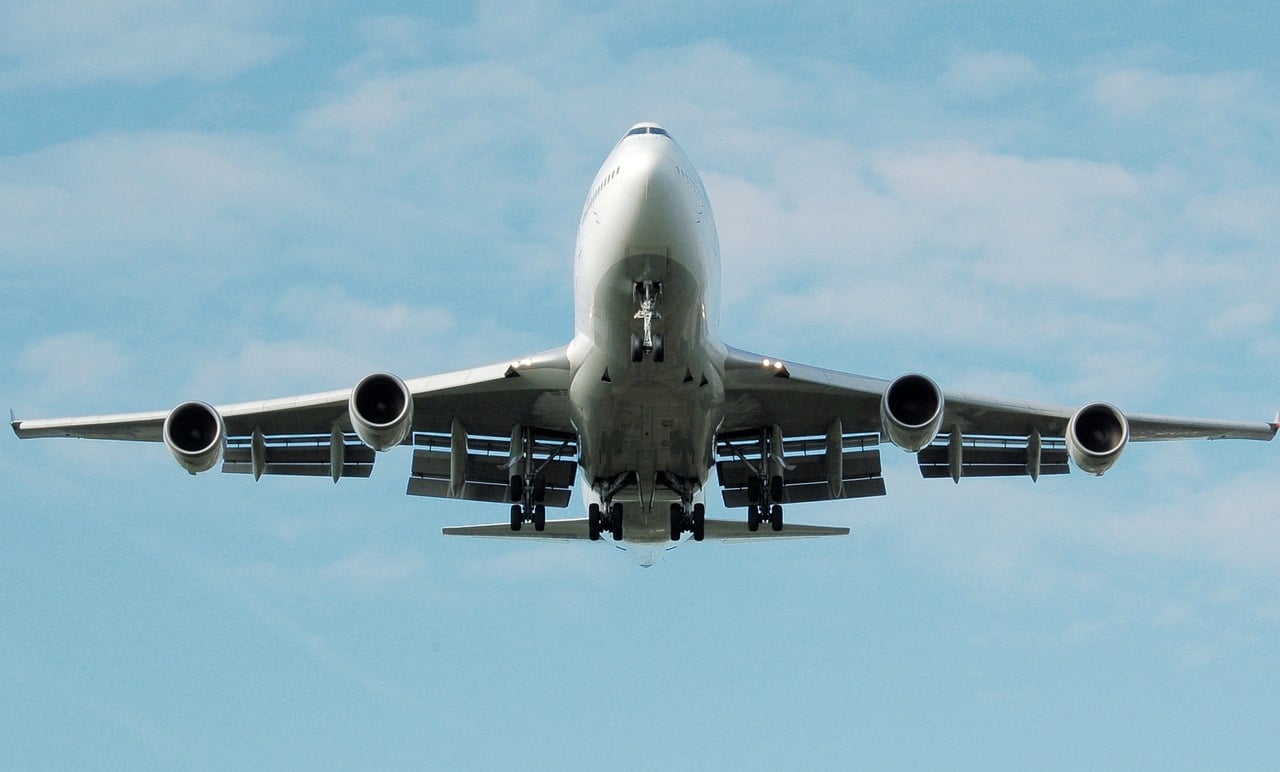- British Airways owner IAG (LON:IAG) has seen strong passenger revenue and third quarter trading has been better than expected
- Now expects operating profit for the third quarter to be in the region of €1.2bn
- IAG shares rose 9% on the news
IAG – Welcome Relief For Bruised Long-Hauler
Sophie Lund-Yates, Equity Analyst at Hargreaves Lansdown:
“Despite the rampant cost-of-living pressures facing consumers, the British Airways ticket desk has been keeping very busy it seems. IAG has been one of the hardest hit carriers since the pandemic, with long-haul and business trips taking a lot longer to take off back towards pre-covid levels than its short haul counterparts.
Q3 2022 hedge fund letters, conferences and more
Find A Qualified Financial Advisor
Finding a qualified financial advisor doesn't have to be hard. SmartAsset's free tool matches you with up to 3 fiduciary financial advisors in your area in 5 minutes.
Each advisor has been vetted by SmartAsset and is held to a fiduciary standard to act in your best interests.
If you're ready to be matched with local advisors that can help you achieve your financial goals, get started now.
There is still a long way to go before any champagne can be popped. Consumer behaviour is yet to fully adjust to a world of higher inflation and increased costs. If spending starts to rein in, the strong forward order book may well come under pressure. Then there’s the question of IAG’s eye watering debt pile, following huge liabilities taken on to get through the worst of the pandemic storm.
Ultimately, this upgrade from expectations is a very welcome surprise, but whether the spritely mood music can be maintained is another question entirely.”
easyJet - Profits Still Delayed
easyJet plc (LON:EZJ) full year losses are due to come in between £190m and £170m. The reported losses include the effect of exchange rates and disruption costs from the third quarter. easyJet said “the impact of Omicron, war in Ukraine and the industry wide issues experienced this summer all affected operational performance during the financial year”.
The group expects capacity to be around 83% of pre-pandemic levels in the first quarter of the new financial year. Capacity during peak travel periods, including October half term and Christmas, is said to be back to pre-pandemic levels.
easyJet doesn’t intend to pay a final dividend.
The shares were broadly flat following the announcement.
Sophie Lund-Yates, Equity Analyst at Hargreaves Lansdown:
“Profits are still delayed at easyJet, with full year pre-tax losses expected to be as high as £190m. A large chunk of extra costs stemmed from the industry-wide disruption experienced in the third quarter, with well-publicised flight cancellations and short staffing leading to a real drag on resources at the time easyJet needed it least.
But rather than head for the emergency exit, easyJet has come through the storm in decent shape. Crucially, demand seems to be holding up, especially for peak travel periods including Christmas and the long-awaited October half-term season.
The outlook is a little murkier than is ideal, with near-term capacity predicted to hover at around 80% of pre-pandemic levels. The group’s exposure to package holidays rather than just flights should keep things in a more even keel during the cost-of-living crisis, but it’s unlikely to keep all the associated issues at bay. Discretionary travel is due to see demand come down to earth with a painful bump.
Ultimately, easyJet’s superior network, which includes slots at more favourable airports, is an asset in usual times. However, there are concerns that the ultra-budget names could win out in an all-out price war.
Airlines are famous for being hard to run and easy to fail. Astronomically high costs, extreme competition and exposure to highly unionised workforces are just some of the operational challenges faced by today’s carriers. easyJet is doing well on the metrics within its control, including keeping net debt at a manageable level.”






